As part of the World Wide Web's 25th anniversary, USAID and our partners reflect on what the next 25 years hold and the possibilities technology creates for achieving our development goals.
Celebrating the 25th Anniversary of the World Wide Web
3:18
Video Transcript
[Andy Sisson] The 25th anniversary of the World Wide Web is an opportunity for us to reflect on all that the Web has enabled USAID and our global partners to do. More important, it’s a time to look forward at the possibilities that we can create by bringing technology and innovation to the forefront of our work and by bridging the gaps that currently exist.
[Priya Jaisinghani] In the next 25 years, how do we use the platform of the web to allow even the most rural users to access the world’s knowledge and to enable citizens to provide direct feedback to their governments. USAID created the Mobile Solutions team to help promote an inclusive digital economy.
[Sascha Meinrath] A quarter century from now we will live in a world of near-ubiquitous connectivity. Today we have a once-in-an-epoch opportunity to put a profound array of new tools in the hands of people everywhere. The challenge is to engage with communities worldwide to implement new business models to build new architectures and infrastructure that achieve this remarkable goal.
[Chris Fabian]We know we now have the ability to give access to opportunity and access choice to people, who otherwise never had it. And if you look at the principles the internet was founded on in the sort of very democratizing force, that exists for some people in the world. We think that the next few years will hold the keys to extending that to populations that otherwise don’t have access to that ability to make choice in their own lifes.
[Dr. Ndemo] In the next 25 years we are going to see an explosion of data. Data is going to become a major resource, there will be affordability, there will be access practically to all corners of the world, meaning that broadband is going to expand to all corners of the world.
[Judy Payne] Frankly we have so many good ideas that have not stood the test of scaling. We need to start with that idea - how to reach millions. I work in agriculture, that means focusing on using information technology for farmers, mostly very poor. They need simpler, more resilient digital devices - and much cheaper ones.
[Ann Mei Chang] Technology holds the potential to level the playing field by giving everyone access to the same information, resources, and tools. Yet, when people are not able to obtain access to technology or they do not have the underlying skills to use it effectively, the gulf can be even more exaggerated. More complex solutions are still out of reach for most of the bottom billion, with limited literacy skills, poor connectivity, no electricity, and lack of relevant content and solutions
[Adam Slote] Technology gives power to people who are vulnerable and underserved as a result of socio economic disenfranchisement, geographic remoteness, and gender. In health, it gives them the power to prevent illness, care for their family and obtain high quality care from a technology-empowered frontline health worker.
[Raj Shah] This is the 25th anniversary of the World Wide Web and USAID is creating the US global development lab to really ensure that the next few decades are defined by using all of the new capabilities and tools that that will enable to end extreme poverty.
Diciembre 29, 2016
Diciembre 27, 2016







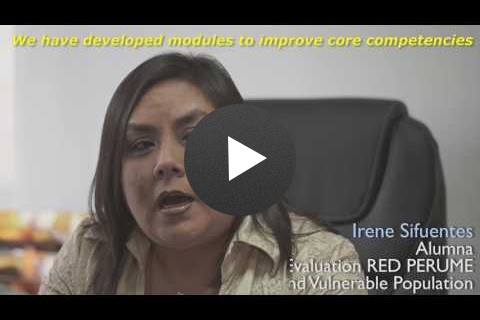
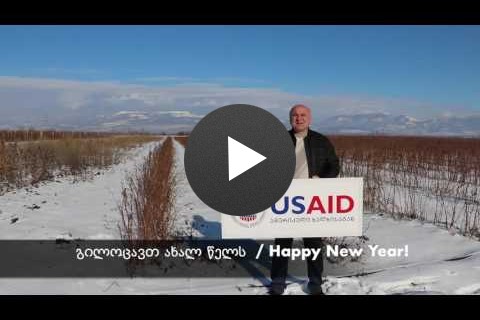
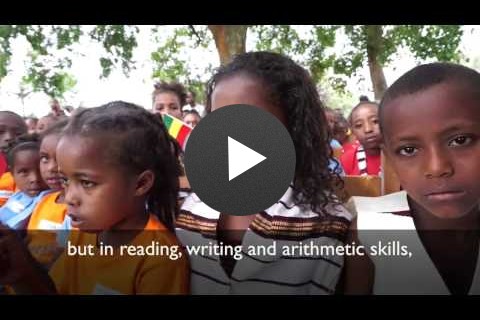
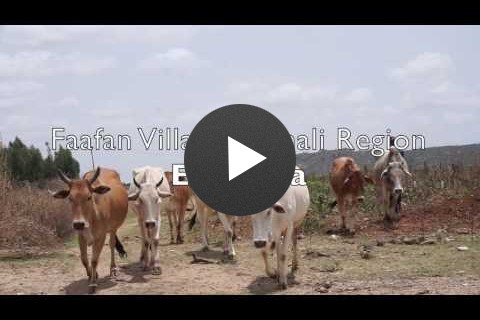
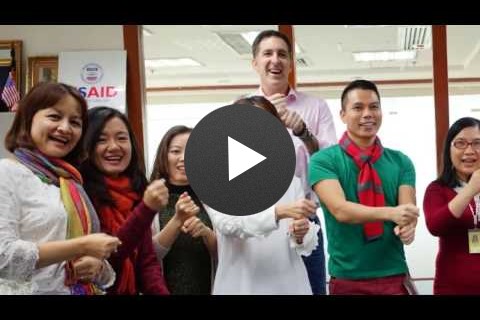
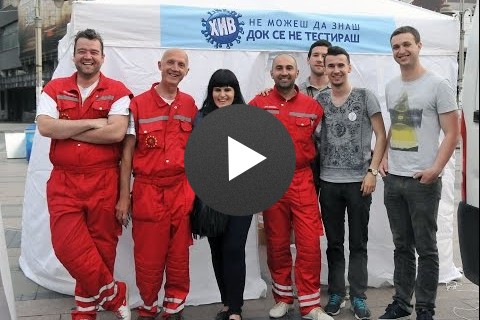
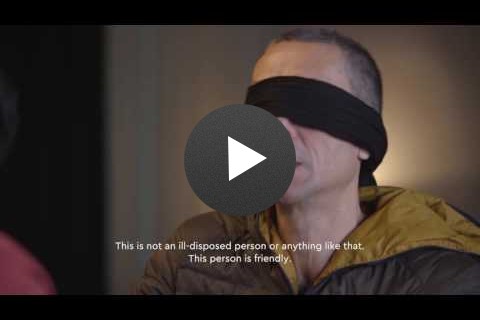
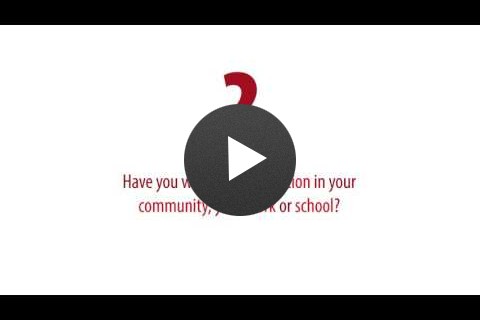
Comment
Make a general inquiry or suggest an improvement.